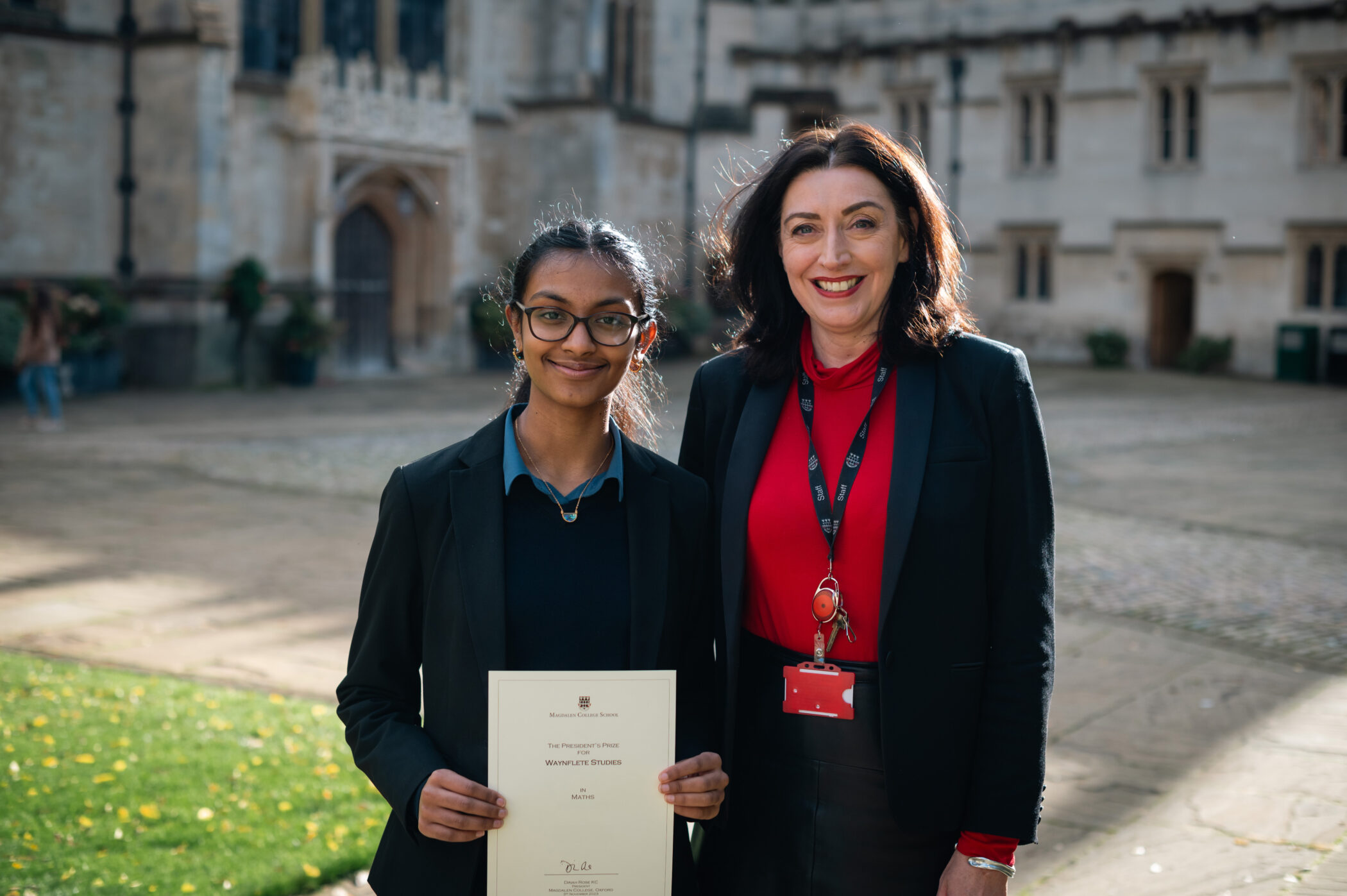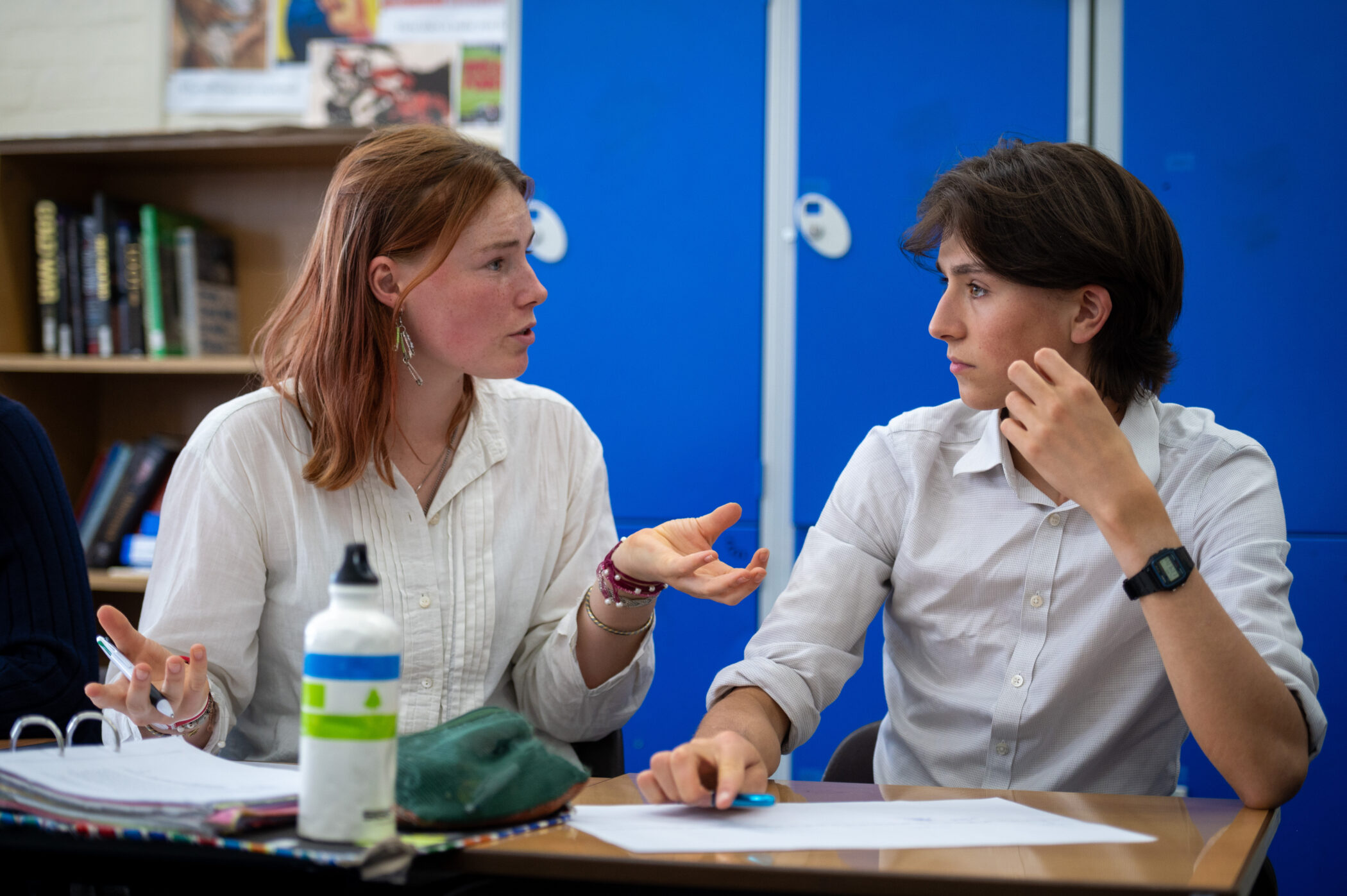Politics
Political scientists used to be obsessed by a crisis in politics – low turnout in elections, plummeting political membership and ever greater cynicism about politics and politicians. More 18-25 year olds voted in the final of the TV talent show Pop Idol than in the General Election of 2001.
How quickly things have changed.
- In 2014 the Scottish Independence Referendum saw an 84% turnout – the highest turnout ever in a UK election.
- In 2016 more people voted to leave the European Union (17.4 million) than had ever voted for anything in the history British democracy.
- By the following summer, membership of the Labour Party topped half a million people, the highest membership in over 20 years.
In the United States,
- 65.8 million US citizens voted to elect Hilary Clinton to become President. Unfortunately, for Clinton supporters, businessman and television personality Donald Trump was elected President on 3 million fewer votes. (Such are the peculiarities of the US presidential election system!)
Elsewhere, politics is really kicking-off!
- In 2019, Italy almost elected a comedian Prime Minister;
- In the same year, Ukraine did elect a comedian President.
- In Paris, the gilets jaunes engage in weekly clashes against the police;
- in Madrid, the instigators of a referendum on Catalonian independence are in prison awaiting trial on charges of “rebellion”;
- While back in London, inspired by a 16 year old Swedish vegan, protestors spent two weeks superglued to the pavements.
The crisis of political participation has been replaced by an explosion of politics. Things are changing – fast – so there has never been a more important time to make sense of what is going on. In recent year’s numbers of students studying A-level and degree-level politics has soared. Student numbers taking politics at MCS have doubled in recent years, and the trend looks set to continue.
“Just because you do not take an interest in politics doesn't mean politics won't take an interest in you.”
Pericles
Sixth Form
As a sixth form only subject, students come to Politics from a diverse range of GCSE and other subject backgrounds. There are no specific requirements other than a passion to understand what is happening and the drive to move beyond answers that come too quickly.
Over the course of two years we study the institutions of government in the UK and the US, the processes of political decision-making and popular participation, and the ever-changing patterns of party development from the grass roots to the highest echelons of power. We focus on methods of political analysis including comparisons between different democratic regimes (comparative politics), intellectual history, political philosophy, and the sociology of political behaviour.
We seek to answer difficult political questions: such as if and how the state, which is a coercive body that nobody chooses to live under, can be justified? What is democracy and how can it be improved? What limits should we set on the free actions of individuals?
We consider the historical development of political parties in the UK and the USA, as well as the different development of the political structures and cultures in those countries. And we study key political philosophers – Hobbes, Locke, Wollstonecraft, Rousseau, Mill, Marx, Oakeshott, Rawls, Giddens, Firestone, Nozick et al – who have been key to the histories and ideas of the core political ideologies – Liberalism, Conservatism, Socialism and Feminism.
Refer to the Sixth Form Curriculum guide for a more detailed breakdown of the A-Level Politics programme.
Further Inspiration
If you are thinking about studying Politics in the Sixth Form at MCS, you might want to start reading around the subject before you join. Our Study Preparation guides are a useful tool, detailing further reading around key topics.
“The philosophers have only interpreted the world, in various ways. The point, however, is to change it.”
Karl Marx
Extra curricular
Politics student take part in a wide range of extra-curricular activities. A weekly reading group provides an opportunity to engage with political ideas and core political texts both from the course and from contemporary news and political comment.
Regular ‘Politics Society’ speaker meetings host academics from Oxford and beyond, political commentators, campaigners, journalists and opinion formers to share their ideas and arguments before being questioned by students in the department.
Overseas trips to Brussels (one of the sites of EU-democracy), New York (home of the United Nations) and Washington DC (the White House and Congress), as well as domestic visits to Parliament and politics events and conferences in and around Oxford, give politics students a chance to see where decisions are made, and to meet the people who make them and study them.
“Government has no other end, but the preservation of property.”
John Locke
Where Politics could take you
A growing number students each year decide to study Politics and related subjects at university, including Oxford (Politics, Philosophy and Economics or Modern History and Politics) Cambridge (Human Social and Political Sciences or History and Politics) and a range of top universities which offer Politics and/or International Relations as single and joint honours courses.
 MCS ranks among the top independent secondary schools, and in 2024 was awarded Independent School of the Year for our contribution to social mobility.
MCS ranks among the top independent secondary schools, and in 2024 was awarded Independent School of the Year for our contribution to social mobility.

 28 of our pupils achieved 10 or more 8 or 9 grades in 2024.
28 of our pupils achieved 10 or more 8 or 9 grades in 2024.
 In 2023-24, MCS received over £448,000 in donated funds.
In 2023-24, MCS received over £448,000 in donated funds.

